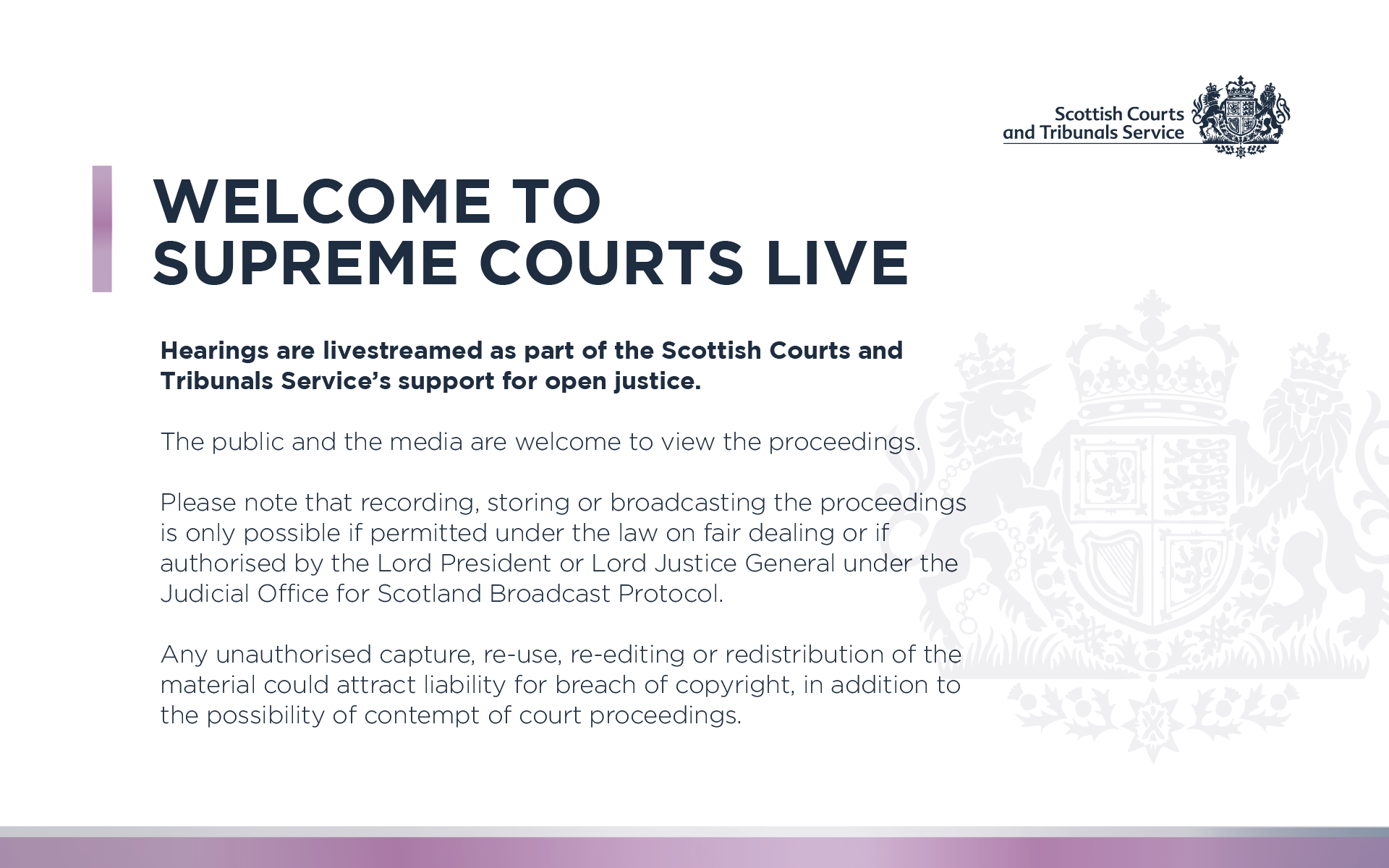Case description
Appeal against a decision and order of the Employment Appeal Tribunal in Scotland (EA-2021-SCO-000093-SH) dated 12 September 2022.
Background and previous decisions
The respondent, a former employee of the appellant, raised proceedings before the Employment Tribunal seeking a statement in terms of s.12(2) of the Employment Rights Act 1996 confirming the particulars of his rights in relation to an employee share scheme (the Share Incentive Plan ("SIP)) operated by his former employer, Total. The respondent’s employment with Total was transferred to the appellant in terms of Regulation 4 of the Transfer of Undertakings (Protection of Employment) Regulations 2006 ("TUPE"). It was submitted that the SIP operated by Total, under the respondent’s contract of employment, entitled him to certain benefits under that scheme. The appellant had no corporate relationship with Total that would enable it to participate in the SIP. It was therefore not possible for the appellant to replicate and honour the respondent’s exact right in relation to the SIP. The appellant instead offered transferring employees a one-off payment of £3,000 as an alternative. The respondent claimed that £3,000 was not a benefit of substantive equivalence and sought that the appellant be ordered to provide him with a right to a benefit of substantive equivalence to his pre-transfer right in relation to the SIP.
The appellant responded to the claim submitting that the respondent’s contract of employment made no reference to the SIP; the SIP was non-contractual and any entitlements under it did not form part of the contract of employment and that even if the SIP was contractual, which was denied, the SIP did not arise under a contract of employment. The respondent was required to sign a separate Partnership Share Agreement with Total in order to participate in the SIP and as such, the any entitlements under the SIP formed part of a separate and discrete contract with Total and did not transfer to the appellant by operation of Regulation 4(2)(a) of TUPE.
The ET upheld the claim and found (1) that the respondent was entitled, after the transfer, to participate in a scheme of substantial equivalence to that operated by the transferor (relying on MITIE Managed Services Limited v. French [2002] ICR 1395) and (2) that the terms and conditions of his contract of employment should reflect that obligation to provide him with a SIP of substantive equivalence.
The appellant challenged that decision. The EAT refused the appeal and upheld both findings of the ET, save for some minor amendments to part (2) to reflect that the transferred obligation arose from the collateral Partnership Share Agreement rather from the contract of employment itself.
Current proceedings
The appeal centres on construction of Regulation 4(2) of TUPE. The appellant challenges the interpretation of the EAT to the effect that the Regulation has the effect of transferring an employee’s entitlement to participate in a SIP which did not form part of the contract of employment, was not referred to in the contract of employment, and was constituted by a Partnership Share Agreement, a separate tripartite agreement to which the appellant was not a party. Three grounds of appeal are advanced:
- The EAT erred in failing to apply the decision of the Court of Appeal in Chapman v CP Computer Group [1987] IRLR 462. There, the Court of Appeal found a lack of connection between what transferred under TUPE and the content of a share option scheme contained in a contract that was separate from the contract of employment. The EAT was wrong to reject Chapman as a relevant authority on the point.
- The EAT erred in law in placing reliance on the decision in MITIE Managed Services Ltd. v French [2002] ICR 1395. The decision was neither in point nor binding. In Mitie the employee’s right to participate in the profit-sharing scheme was contained within the contract of employment itself.
- The EAT erred in law in construing the words “rights, powers, duties and liabilities under or in connection with any such contract [of employment]” in TUPE Reg. 4(2)(a) as applying to the rights etc. arising from the SIP. Standing the wording of the parent EU Directive ((Council Directive 77/187/EEC (the Acquired Rights Directive)) the EAT should have considered the scope of the regulation by reference to whether the said rights arose from “an employment relationship existing on the date of transfer” as opposed to the Partnership Share Agreement between Total and the respondent.

